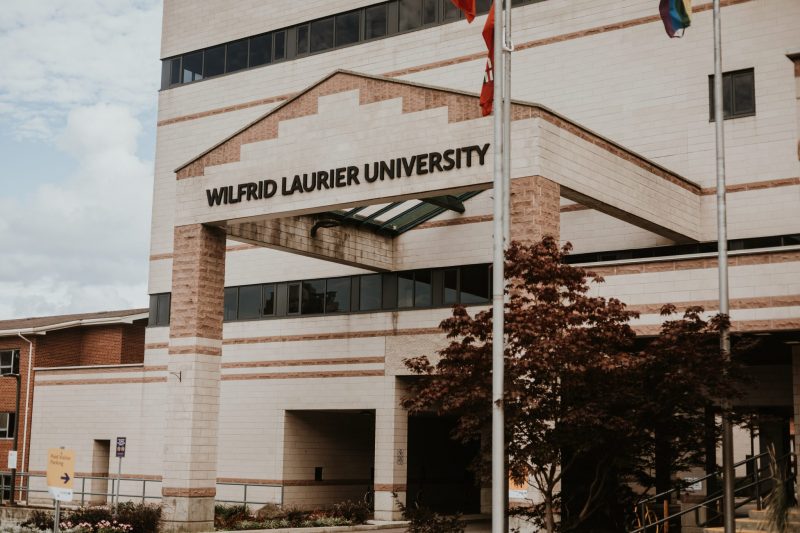Decolonization in Education

Colonialism is embedded in the policies, practices and systems (including educational institutions) of Canada.
Providing Equity, Diversity and Inclusion (EDI) training at institutions may be a stepping stone to decolonization and inclusion at university.
“It provides a strong foundation to have important discussions and think about the needs of equity deserving groups, particularly how the current system and their criteria for admissions and for access to opportunities may not reflect everyone’s lived experiences,” Ardavan Eizadirad, assistant professor in the faculty of education at Wilfrid Laurier University, said.
These systems could disadvantage certain groups. For example, the makeup of leadership positions in companies and post-secondary institutions shows a decrease in diversity as status increases.
EDI training and hiring from a non-colonial lens may incorporate more inclusion in these positions.
“If we’re hiring a position for an Indigenous scholar […] from a colonial lens of what is knowledge, such as having a PhD, the process doesn’t align with the goal. In Indigenous culture, many people are knowledge keepers and have lived experiences that are valued and passed on for generations through oral culture, so not only do we have to think about the outcome, but also think about the processes in place that dictate who arrives in those positions and gets those opportunities.”
Education is a key factor in reconciliation. Eizadirad quoted Murray Sinclair, who stated that “Education got us into this mess, but education also has the potential to get us out of this mess.”
In countries where there was genocide, education was used as a tool to advance stereotypes about certain groups of people that justified violence towards them, such as residential schools in Canada.
“Education is a double-edged sword,” He said.
“Education can be used to promote critical thinking, have people come to the table and work together to tackle social issues, to center social justice, to see solidarity and allyship,”
Eizadirad is the founder and director of EDIcation Consulting, which promotes and enhances EDI and EDI training.
Apart from providing justice for marginalized groups, inclusion also relates to student mental health at school.
“Inclusion is a story of power. It’s: Do you feel like you’re being seen? Are you valued for who you are, from how you talk, how you dress, how you show up? I think institutions have a very important [role] not just making sure students get access to post-secondary institutions and get there, but is this space prepared for them? Can they access support services that are culturally relevant, and sustaining to who they are?” Eizadirad said.
Feeling isolated in these spaces or unwelcome in communities impacts an individual’s mind, mental health, spirituality and engagement with the environment around them.
“When you feel good and you feel valued, you’re likely going to be more engaged in your classes and with pursuing your academic goals,” Eizadirad said.
The EDI office is working to incorporate similar inclusion values at Laurier.
Eizadirad is also on the board of directors for Amadeusz, which provides educational resources for incarcerated youth.
“There needs to be more advocacy and awareness around how we can create access to education, which, even if you are guilty of a crime, you should still have access to it, because education has shown to be the greatest protective factor in rehabilitation,” he said.
He continues to advocate for decolonization and social justice in education while teaching at Laurier.
“We want education to be more on the side of advancing social justice and doing good than harm.”

